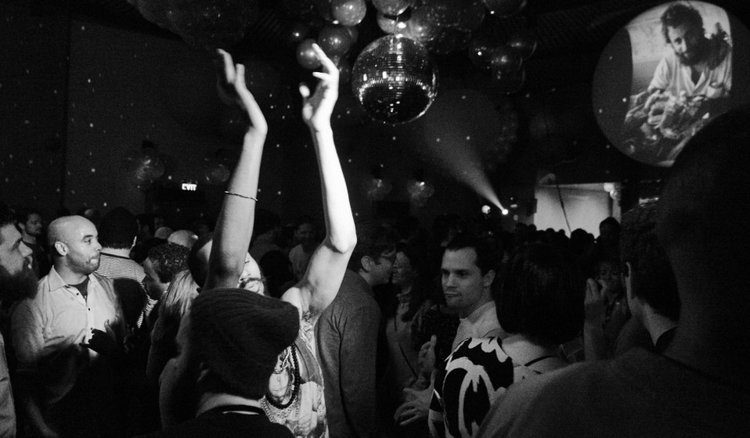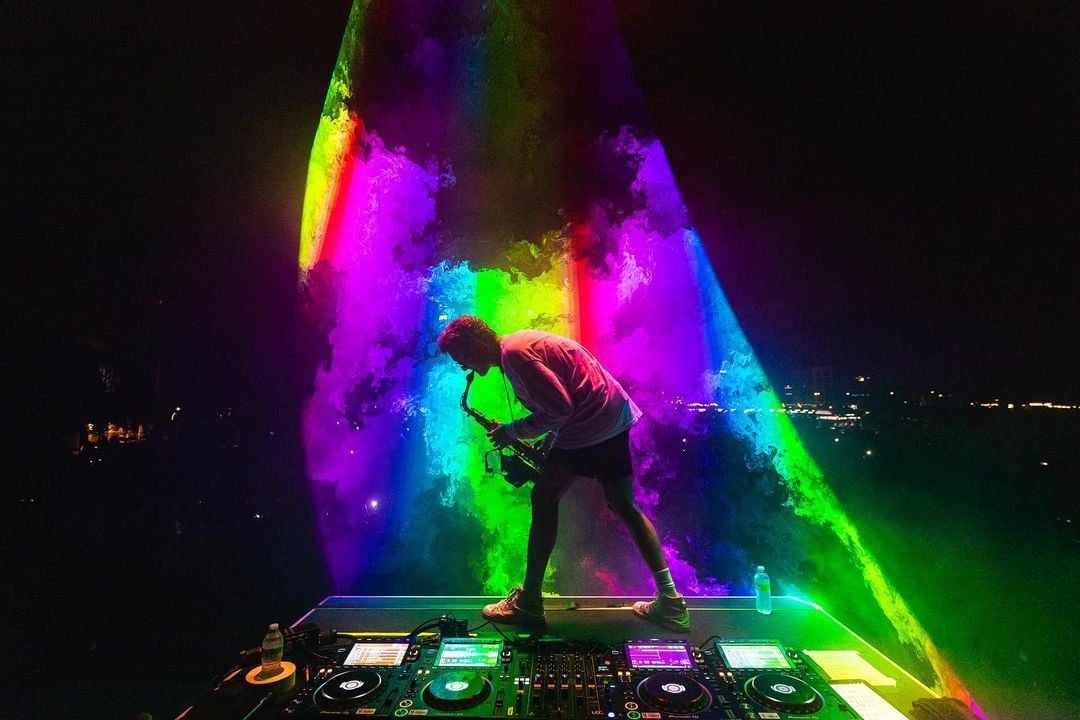Dance music has always owed its origins to the communities of the ostracized. Black and gay communities crafted dance music to be an escape from the oppressive world around them and as a way to be fully open in their expression. During Pride Month, we honor the LGBTQIA+ community as a founder of dance music. Here is a history of the queer origins of the rave culture we love so much.
The 1970s
The origins began with disco and the “invite-only” events where bigotry and judgement were not tolerated. David Mancuso began throwing private loft parties at his home where he would spin disco records for his friends. This eventually turned into The Loft, curated as a safe space for the gay community. The secrecy and exclusivity of the events made attendees feel safe to be themselves.
The Loft gained overwhelming success with members Larry Levan and Frankie Knuckles, the “godfather of house music”. Both DJs would later receive residencies at clubs that would develop house music into what it is today: Levan relocated to Paradise Garage while Knuckles moved to The Warehouse. People dancing to Knuckles’ sets would call the style of music, “warehouse music,” which then got shortened to “house music.”
The 1980s
With Knuckles and Levan at the helm, urban gay clubs continued to evolve disco into house and techno. Ron Hardy’s Music Box and Ken Collier’s Heaven, two gay clubs, became key players in introducing the dance music sound to the masses. But the AIDS epidemic in New York brought the sound underground as many became fearful of the disease and those who lost the most from it.
Despite the masses losing faith, drag balls continued to be places where gender expression, voguing, and house flourished. It wasn’t until the late 80s and early 90s that dance music would resurface, but with a straighter, cis-gendered face.
 Image from Local Legends and Jennifer Czyborra
Image from Local Legends and Jennifer Czyborra
The Rave Resurgence
The late 80s brought rave back to the UK, much due to Paul Oakenfold, Danny Rampling, Nicky Holloway, and Johnny Walker’s trips to Ibiza. This time, acid house reigned supreme and its disco origins were pushed to the side.
Gay nightclubs like Palladium began to close their doors and other forms of music took over. Furthermore, the sanitization of the nightclub scene as a part of the war on drugs heightened the overshadowing of queer culture in nightlife.
PLUR was, at this time, more important than ever. Artists like Honey Dijon began to bring back house and techno to New York in the 90s, along with the LGBTQIA+ voice that the mainstream tried so desperately to shun.
The early 2000s-2010s saw modern EDM take hold with festival frenzy and acts like Tiesto making their way into the mainstream. The prevalence was still cis, straight, and male, but changing cultural attitudes started to pave the way for progress.
Today
Many individuals and labels in modern EDM are working towards inclusivity and diversity. Labels like Delusional Records set their mission towards promoting the sounds of female, non-binary, and LGBTQIA+ artists. Excision’s Bass Music Initiative gave $10,000 each to ten artists of underrepresented backgrounds.
In addition, LGBTQIA+ artists like Moore Kismet, Wreckno, GRiZ, and REZZ regularly headline and show young ravers that they aren’t alone in the music community. The trend in festivals and shows is heading towards making a conscious effort to look beyond the mainstream and give chances to those in communities many have ignored.
What Can You Do?
This Pride, pay homage to the community that made EDM what it is today. Donate to a charity that supports LGBTQIA+ youth, attend a Pride event, or go to a show that supports a queer individual. Stand up when you see injustice and practice PLUR every day.The music community binds us together and celebrates our differences, and EDM’s roots were based on freedom of expression and freedom from judgement.
Featured image from GRiZ


 Image from San Diego Pride
Image from San Diego Pride  Image from Wreckno
Image from Wreckno




